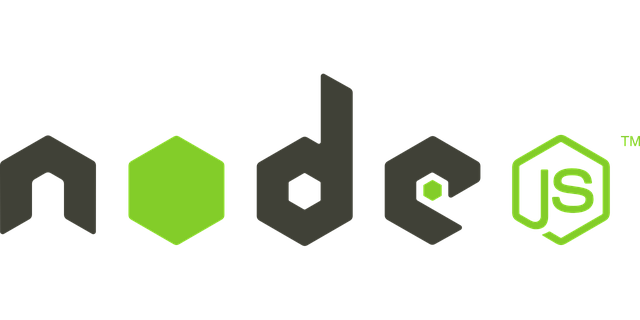Nodejs
Node.js is a powerful, open-source JavaScript runtime built on Chrome’s V8 JavaScript engine. It allows developers to build scalable, high-performance applications using a non-blocking I/O model that makes it lightweight and efficient. Node.js is widely used for building server-side applications, command-line tools, and web applications. In this blog post, we will explore some of the […]








